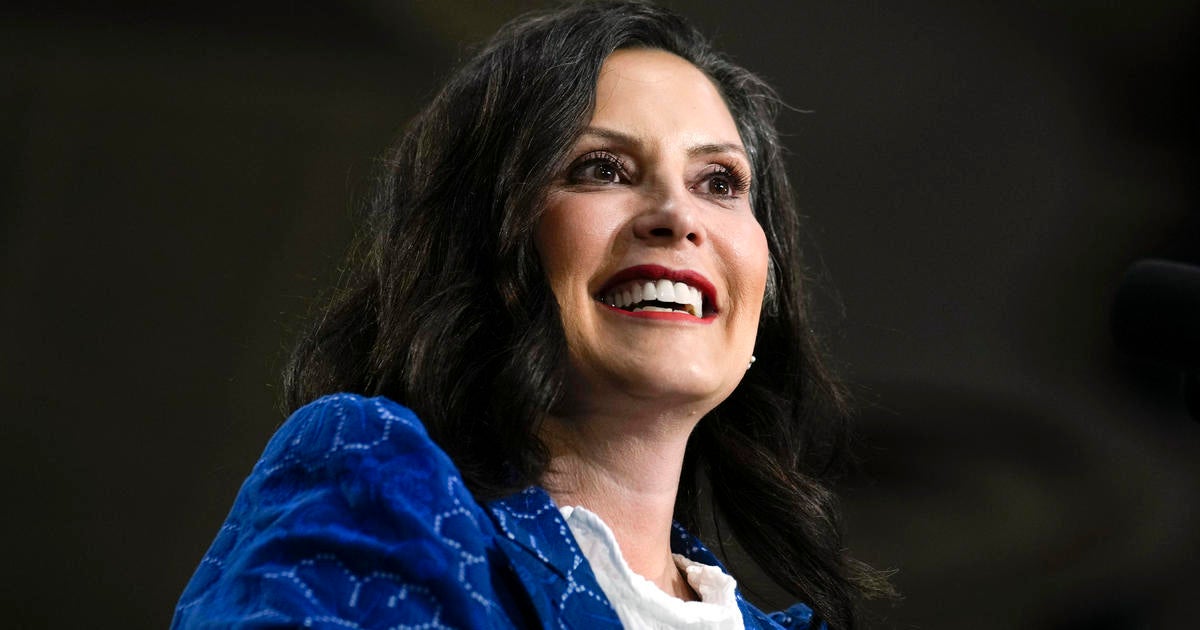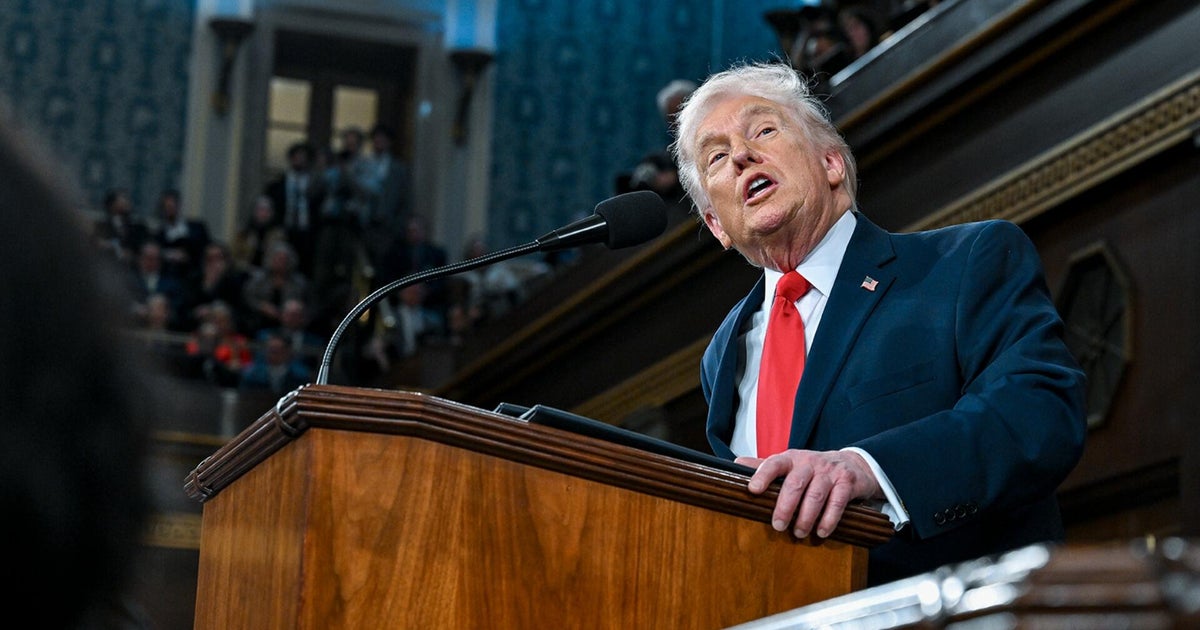Senate parliamentarian rules Democrats cannot include minimum wage hike in COVID-19 economic relief bill
The Senate parliamentarian ruled Thursday that Democrats can't include the $15 per hour minimum wage hike in the COVID-19 economic relief package. It's a major setback for Democrats such as Senator Bernie Sanders, who had argued it could be included even in the budget reconciliation process.
But President Biden told "CBS Evening News" anchor Norah O'Donnell earlier this month that he didn't think the minimum wage hike would ultimately be included.
The hike is "not going to occur because of the rules of the United States Senate," Mr. Biden said.
"I put it in, but I don't think it's gonna survive," he added.
Instead, the president said he's prepared to work on a standalone $15 minimum wage proposal.
Congressional Democrats opted to use the procedural maneuver known as budget reconciliation to pass the bill, allowing it to be approved by only a simple majority in the Senate. Most legislation requires 60 votes in the Senate to advance, so the budget reconciliation process allows Democrats — who hold a 50-seat majority — to pass the bill without any Republican votes.
There are strict rules for utilizing the budget reconciliation process, such as the "Byrd rule," which requires that all provisions in the bill be budget-related, and must not increase the federal deficit after a 10-year budget window. Parliamentarian Elizabeth MacDonough ruled that the minimum wage hike did not fit the parameters for budget reconciliation.
Some Democrats had already expressed opposition to including a $15 minimum wage provision in the relief bill. Senator Joe Manchin told reporters this week that he believed a $15 minimum wage by 2025 was too high, and would be damaging for more rural states like his own West Virginia.
"$11 is the right place to be," Manchin told reporters on Monday. "Throwing $15 out there right now just makes it very difficult in rural America."
If the parliamentarian allowed for the minimum wage to be included, it's not clear that Democrats would have been able to muster the votes to pass it as is. The Senate can waive the parliamentarian's ruling, which requires a simple majority.
In a statement, Sanders said that he "strongly disagrees with tonight's decision by the Senate parliamentarian." However, he said that he would push to move forward with an amendment punishing corporations that don't provide a $15 minimum wage, and providing incentives for small businesses to increase their wages.
"In the coming days, I will be working with my colleagues in the Senate to move forward with an amendment to take tax deductions away from large, profitable corporations that don't pay workers at least $15 an hour and to provide small businesses with the incentives they need to raise wages. That amendment must be included in this reconciliation bill," he said.
Senate Majority Leader Chuck Schumer also said he's "deeply disappointed" in the decision.
"We are not going to give up the fight to raise the minimum wage to $15 to help millions of struggling American workers and their families," he said, without providing specifics. "The American people deserve it, and we are committed to making it a reality."
GOP Senator Lindsey Graham, on the other hand, applauded the ruling, tweeting that he's "Very pleased the Senate Parliamentarian has ruled that a minimum wage increase is an inappropriate policy change in reconciliation.
"This decision reinforces reconciliation cannot be used as a vehicle to pass major legislative change - by either party - on a simple majority vote," Graham added. "This decision will, over time, reinforce the traditions of the Senate."
The House is expected to vote Friday on Mr. Biden's original proposal. Speaker Nancy Pelosi said in a statement Thursday evening that the House would vote on the version of the bill including the minimum wage hike.
"House Democrats believe that the minimum wage hike is necessary. Therefore, this provision will remain in the American Rescue Plan on the Floor tomorrow. Democrats in the House are determined to pursue every possible path in the Fight For 15," Pelosi said.
The bill is expected to pass in the House without any Republican votes. Progressive Democrats in the House may opt to take a hard line on the minimum wage increase, and refuse to support any version of the bill that does not include a $15 minimum wage, creating a showdown with more moderate members of the party in the Senate.
Raising the minimum wage is widely popular, with a 2019 poll by the Pew Research Center showing that 67% of Americans support raising the minimum wage to $15. It even has support in some red states, as demonstrated by a ballot initiative in Florida to increase the minimum wage increase to $15 by 2026 which passed with support from more than 60% of voters in the last election.



